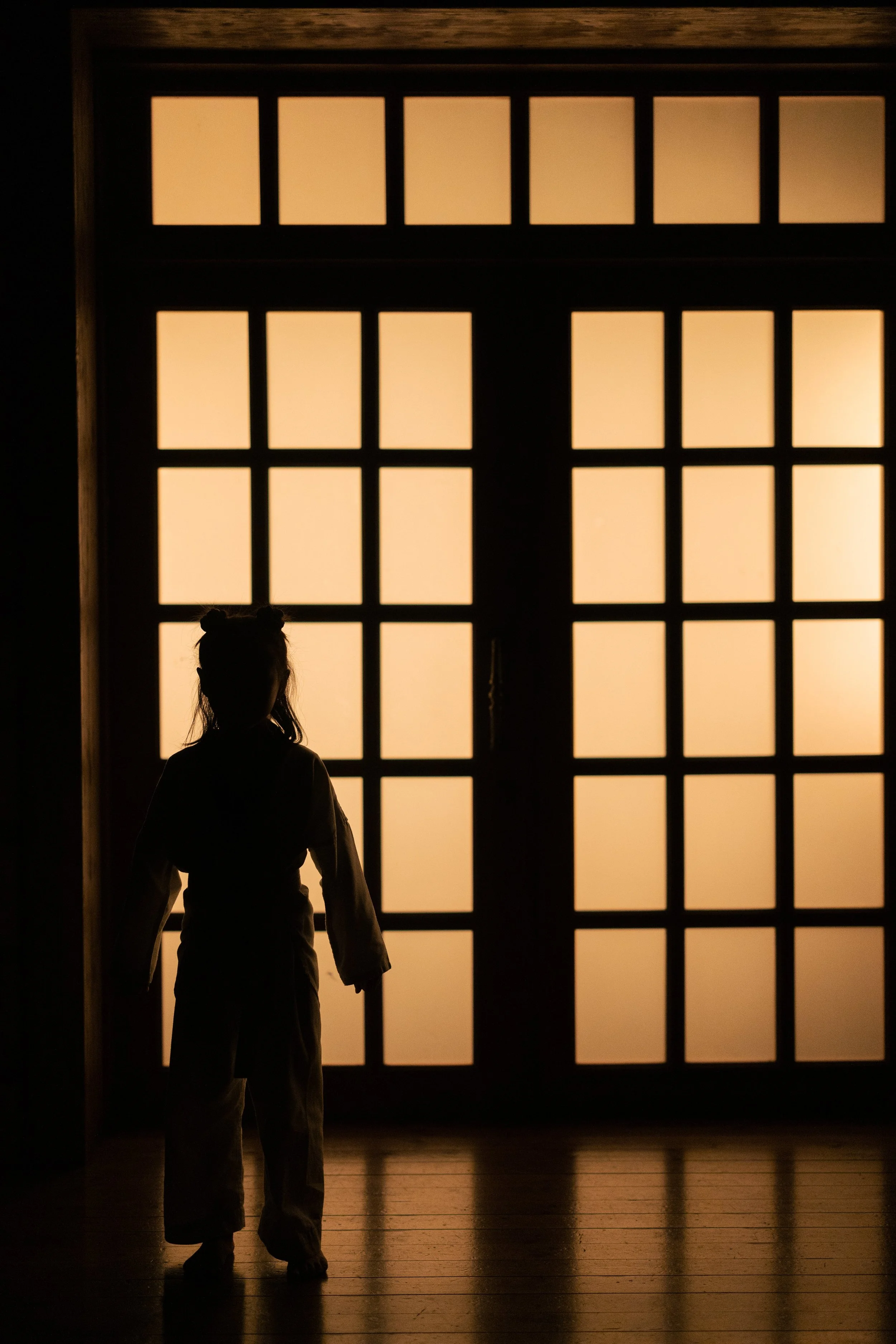Literary Conversations & Criticism
Hisham Matar on Writing Male Friendships, Electric Literature, January 2024
The first page of Hisham Matar’s latest novel is so emotionally perplexing, so masterfully crafted that I promptly screenshot and sent it to several reader friends. My Friends begins with the end. Two old friends are parting ways, and we are left wondering about the weight on their chests, all the unsaid.
Searching for Love in All Its Manifestations Across Tehran, Electric Literature, November 2023
I’ve seen Salar Abdoh only a handful of times. The most noteworthy is in May 2017 when, hearing that I’d be spending vote day in the southernmost areas of Tehran interviewing working class Tehranis about their choice for president, he offered to give me a ride through some of those neighborhoods. Abdoh, whom I had previously corresponded with over the Tehran Noir anthology but only met earlier that week, had a motorbike and even more conveniently, knew the area like the back of his hand.
She Went to Colombia to Exhume Her Grandfather — and Returned With a Blazing Memoir, LA Times, July 2022
It’s no knock on Ingrid Rojas Contreras’ new memoir, The Man Who Could Move Clouds, to say that it sometimes reads like magical realism. The Colombian American writer’s journey to unearth her family’s legacy explores supernatural gifts (her mother a fortune-teller, her grandfather a curandero, or shaman), cycles of amnesia and a fateful disinterment, all against the backdrop of her native country’s past colonialism and modern-day violence.
What Does Freedom Look Like in Egypt and America?, Electric Literature, April 2022
“Inte hora,” a general tells his wife early on in Dalia Azim’s Country of Origin. You are free, in Arabic. The saying appears at first during a quarrel over politics in the intimacy of a Cairo home while, outside, revolts against Egypt’s then leader, King Farouk, combust the city. A saying echoed three decades later in the multigenerational story. Who is free and who gets to be free, I wondered as I read the Egyptian American author’s debut novel.
What You Lose as a Daughter of the Iranian Revolution, Electric Literature, February 2022
In They Said They Wanted Revolution, author Neda Toloui-Semnani reconstructed the story of her parents as Iranian activists radicalized at Berkeley in the 60s, who saw communism as the political answer to Iran’s monarchy and supported the 1979 revolution. Her and I spoke about the loss of father and fatherland, the redeemable power of storytelling and what she inherited as a daughter of revolutionaries.
A Black Belt in Karate Doesn’t Make a Fair Father, Electric Literature, November 2023
Years ago, I came across an anthology of short stories from and about the Iranian capital—a gritty, edgy, somewhat underground version of Tehran that I had experienced as a journalist but seldom seen on the page in English. I looked for its editor. It was Salar Abdoh. Later, after we corresponded via email and eventually met, I learned that Abdoh’s father was the founder of Tehran’s Bowling Abdoh club (where my parents, then in their wild 20s, had dated), and his brother was a renowned, queer avant-garde theater director.
CJ Hauser Is Making Meaning from a Fragmented Life, Catapult Magazine, July 2022
Like many, I came to CJ Hauser’s work via her viral essay “The Crane Wife,” which published three years ago. The piece—a braiding of at first seemingly unrelated topics into a meaningful and candid narrative with a satisfying landing—drew over a million readers.
“My sensibility as a writer is to give space for introspection”: A Conversation with Azareen Van der Vliet Oloomi, Catapult Magazine, August 2021
I first came across Azareen Van der Vliet Oloomi in 2018 via the Otherppl literary podcast where she spoke of her tangled identity as an American of Iranian-Dutch heritage and her itinerant life across continents and cities, including Dubai, where I lived at the time. By chance, we met the following year and together attended the National Book Awards readings in New York.
Art Making and Information: An interview with Katy Waldman, Public Seminar, May 2020
The 2019 Nona Balakian Citation for Excellence in Reviewing, presented to an NBCC member for outstanding critical work, was awarded to Katy Waldman, a staff writer at The New Yorker. Ladane Nasseri sat down with Waldman to talk about reviewing and what it means to be a critic.
Noir et Blanc sur les Iraniennes: Shirin Neshat, La Règle du Jeu, September 2004
Ladane Nasseri interviews and profiles Iranian visual artist Shirin Neshat for the literary journal’s special edition on Iran: La Question Iranienne.
Satire
How to Write About Iran: a Guide for Journalists, Analysts and Policymakers (satire), McSweeney’s, February 2021
Whether you are working from your DC office or your home in LA or New York, here’s all you need to know to become an expert on Iran.










